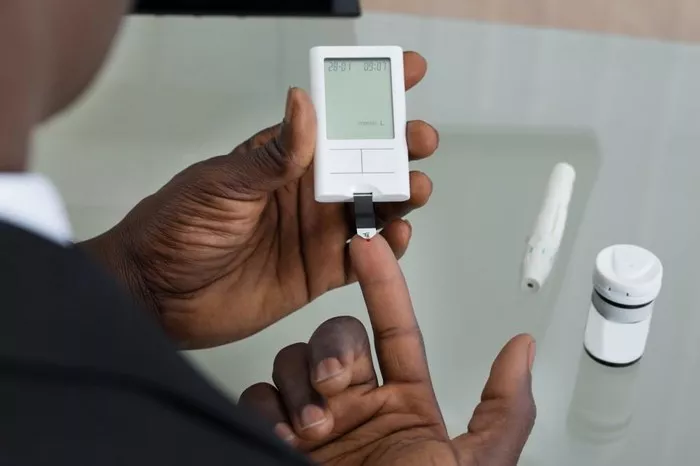Type 1 diabetes is a chronic autoimmune condition characterized by the destruction of insulin-producing beta cells in the pancreas. Unlike type 2 diabetes, which is often associated with lifestyle factors, type 1 diabetes is primarily genetic in nature. However, managing blood sugar levels through nutrition remains a critical aspect of diabetes care for individuals with type 1 diabetes. In this article, we explore the unique dietary considerations for type 1 diabetes and highlight the importance of making informed food choices. Additionally, we’ll discuss 10 foods to avoid in type 1 diabetes, providing valuable insights for individuals striving to maintain optimal blood sugar control.
Understanding Type 1 Diabetes
Type 1 diabetes accounts for approximately 5-10% of all diagnosed cases of diabetes worldwide. It typically manifests during childhood or adolescence, although it can occur at any age. The underlying cause of type 1 diabetes involves the immune system mistakenly attacking and destroying insulin-producing beta cells in the pancreas. As a result, individuals with type 1 diabetes require lifelong insulin therapy to manage their blood sugar levels effectively.
10 Foods To Avoid In Type 1 Diabetes
While individuals with type 1 diabetes can enjoy a wide variety of foods within moderation, certain foods can pose challenges in managing blood sugar levels and should be consumed sparingly. Here are 10 foods to avoid in type 1 diabetes:
Highly Processed Foods: Processed foods often contain added sugars, refined carbohydrates, and unhealthy fats, which can lead to fluctuations in blood sugar levels.
Sugary Snacks and Sweets: Foods high in added sugars, such as candies, chocolates, pastries, and sugary beverages, can cause rapid spikes in blood sugar levels and should be limited.
White Bread and Refined Grains: White bread, white rice, and other refined grains have a high glycemic index and can lead to sharp increases in blood sugar levels.
Sweetened Breakfast Cereals: Many breakfast cereals are loaded with added sugars, making them unsuitable for individuals with type 1 diabetes. Opt for whole grain cereals with no added sugars instead.
Fruit Juices and Sweetened Drinks: Fruit juices and sweetened drinks can contain large amounts of sugar, causing blood sugar levels to soar. Choose water or unsweetened beverages instead.
Flavored Yogurts: Flavored yogurts often contain added sugars and artificial flavors, making them less suitable for individuals with type 1 diabetes. Opt for plain, unsweetened yogurt and add your own fruit for flavor.
Processed Meats: Processed meats such as bacon, sausage, and deli meats can contain added sugars and unhealthy fats, which may adversely affect blood sugar control.
Sauces and Condiments High in Sugar: Many sauces and condiments, such as ketchup, barbecue sauce, and sweet chili sauce, are high in added sugars and should be used sparingly.
High-Calorie, Low-Nutrient Foods: Foods that are high in calories but low in nutrients, such as fast food, chips, and sugary snacks, should be limited in the diet of individuals with type 1 diabetes.
Alcohol: Alcohol can affect blood sugar levels and insulin sensitivity, potentially leading to hypoglycemia or hyperglycemia. Consume alcohol in moderation and monitor blood sugar levels closely.
Conclusion
Managing type 1 diabetes through nutrition requires a thoughtful and individualized approach. By incorporating principles of carbohydrate counting, balanced meals, portion control, and healthy food choices, individuals with type 1 diabetes can achieve better blood sugar control and improve overall health outcomes. Additionally, being mindful of foods to avoid in type 1 diabetes can help minimize blood sugar fluctuations and reduce the risk of complications associated with uncontrolled diabetes. It’s essential for individuals with type 1 diabetes to work closely with healthcare professionals, including registered dietitians and certified diabetes educators, to develop personalized nutrition plans that support their unique needs and goals. With dedication, education, and support, individuals with type 1 diabetes can embrace a fulfilling and healthy lifestyle while effectively managing their condition.
Related Topics:
What Can Type 1 Diabetics Not Eat?


























